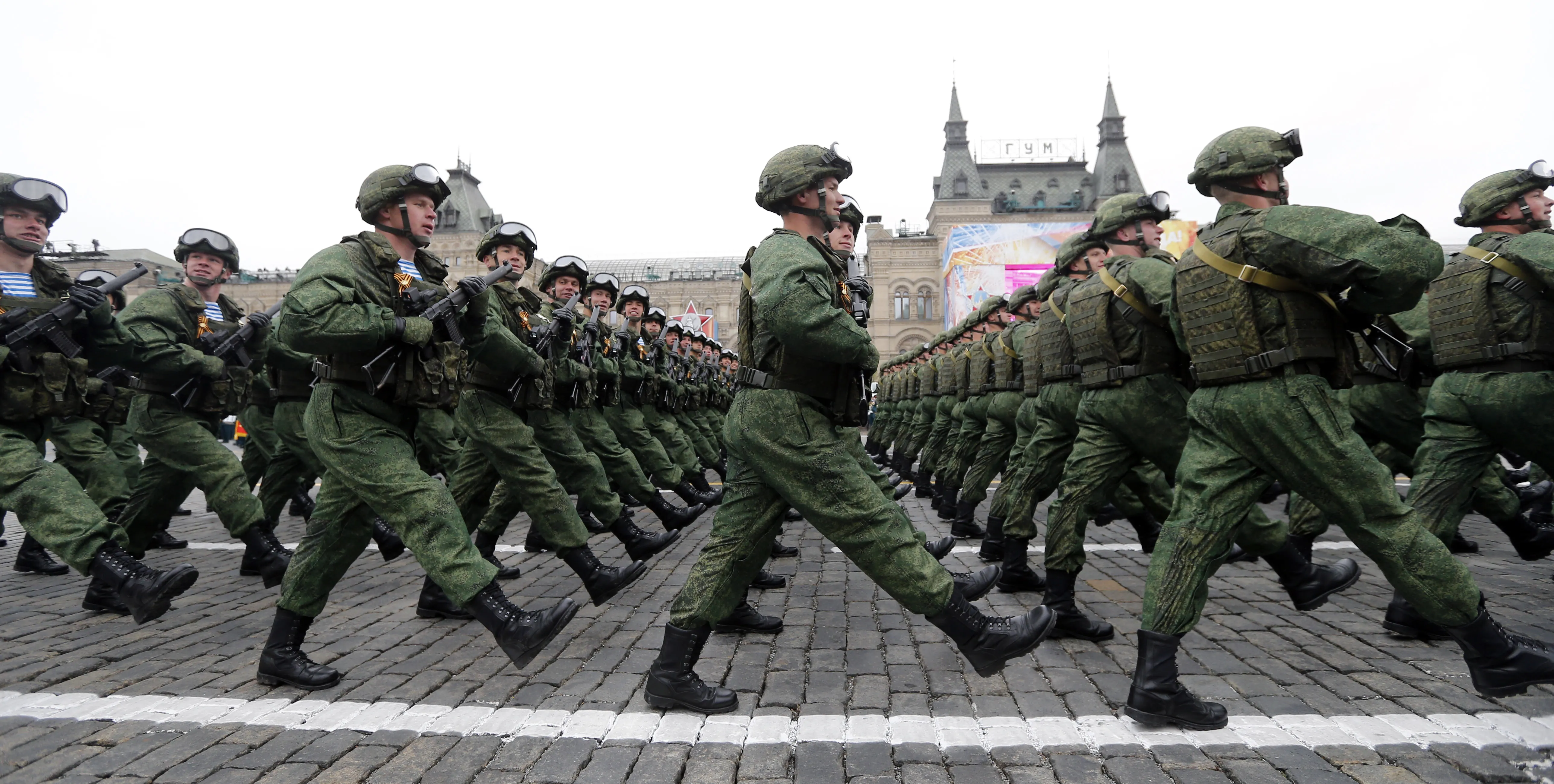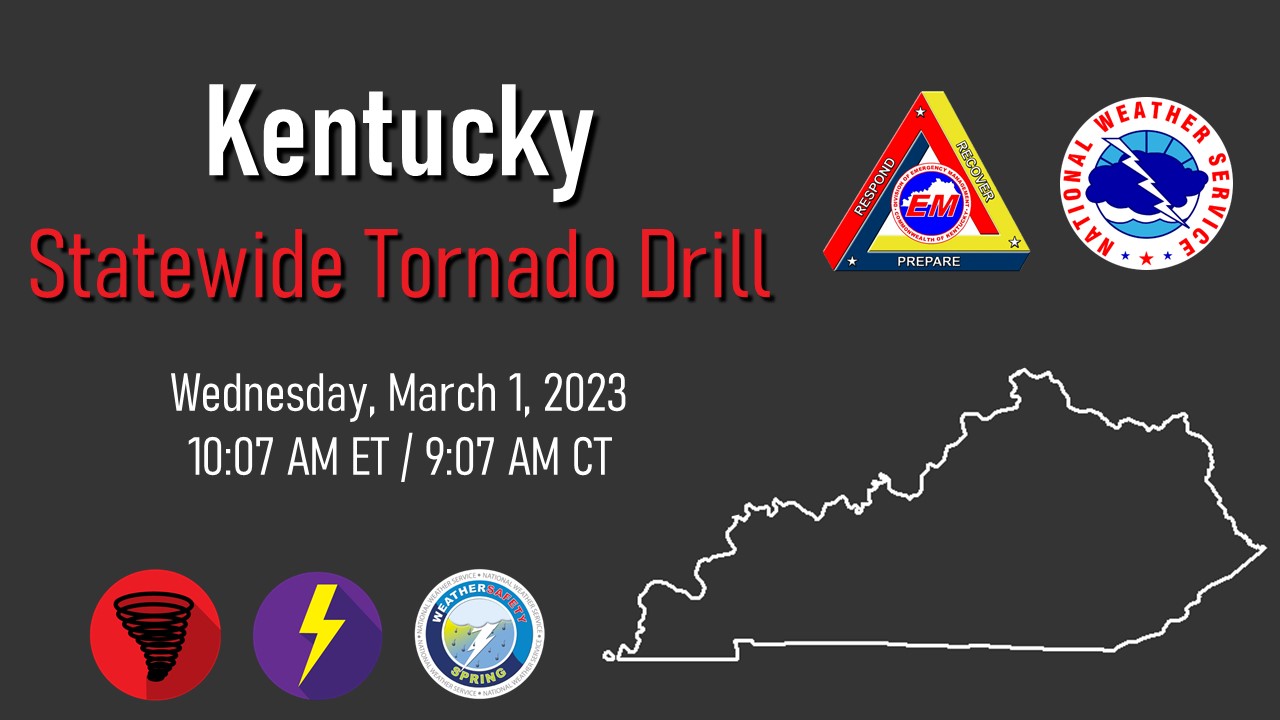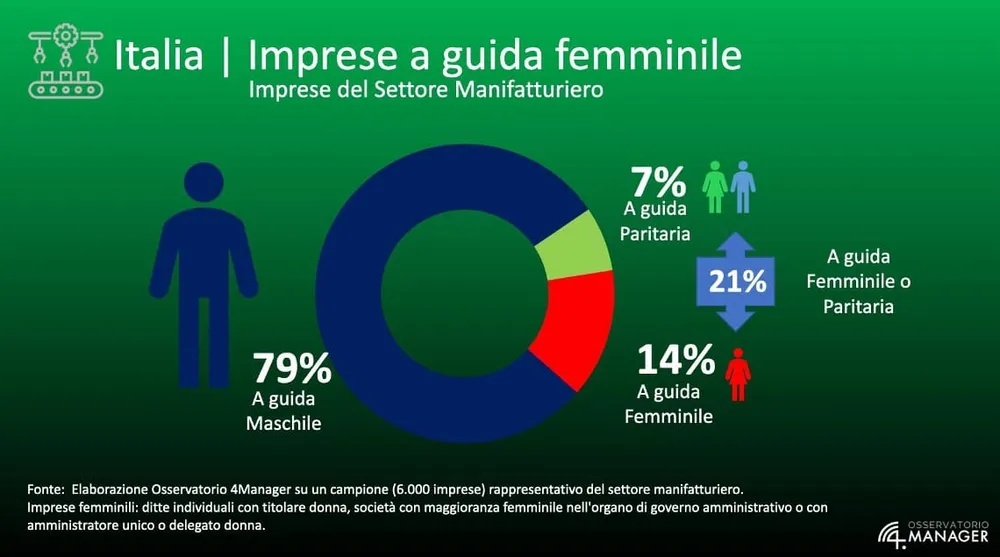Understanding Russia's Military Strategy And Its Impact On Europe

Table of Contents
Key Components of Russia's Military Strategy
Russia's military strategy is a complex interplay of various elements, designed to project power and influence both domestically and internationally. Understanding these components is critical to comprehending its impact on Europe.
Nuclear Deterrence
Nuclear weapons form a cornerstone of Russia's military strategy. Moscow's modernization efforts, including development of advanced delivery systems and new warhead types, aim to maintain a credible nuclear deterrent against perceived threats. This strategy significantly influences the overall European security environment.
- Specific Nuclear Capabilities: Russia possesses a large arsenal of nuclear warheads, including intercontinental ballistic missiles (ICBMs), submarine-launched ballistic missiles (SLBMs), and strategic bombers.
- Nuclear Doctrine: Russia's nuclear doctrine allows for the use of nuclear weapons in response to an existential threat, a factor that contributes to heightened tensions.
- Impact on NATO: Russia's nuclear posture necessitates a robust response from NATO, driving increased defense spending and prompting reassessments of deterrence strategies.
- Rhetoric surrounding nuclear use: Russia's increasingly assertive rhetoric surrounding potential nuclear use adds to regional instability and necessitates careful monitoring by international observers.
Conventional Warfare Capabilities
Russia's conventional military boasts significant strengths, particularly in ground forces and certain aspects of air power. However, limitations in logistical capabilities and technological advancements in certain areas have also been observed. Recent conflicts, notably the war in Ukraine, have highlighted both strengths and weaknesses.
- Key Military Equipment: Russia possesses a vast inventory of tanks, armored personnel carriers, and artillery systems, although the quality and maintenance of this equipment have been questioned.
- Technological Advancements: While some areas show modernization, Russia lags behind in certain technological domains, such as precision-guided munitions and advanced air defense systems.
- Experience in Recent Conflicts: The war in Ukraine has exposed vulnerabilities in Russia's military planning, logistics, and overall operational effectiveness.
- Logistical Capabilities and Limitations: Russia's logistical shortcomings have been evident, demonstrating challenges in sustaining prolonged military operations far from its borders.
Information Warfare and Hybrid Tactics
Russia employs sophisticated information warfare and hybrid tactics to achieve strategic goals, impacting political landscapes and social cohesion across Europe. These methods are often used to destabilize opponents and sow discord.
- Disinformation Campaigns: Russia has engaged in widespread disinformation campaigns, utilizing social media and state-controlled media to spread propaganda and manipulate public opinion.
- Cyberattacks: State-sponsored cyberattacks targeting critical infrastructure and government institutions are regularly employed to disrupt operations and undermine confidence.
- Impact on Democratic Processes: Russia's information warfare operations seek to influence elections and undermine public trust in democratic institutions.
- Countermeasures and Defensive Strategies: Countering these tactics requires a multi-pronged approach involving media literacy initiatives, improved cybersecurity defenses, and international cooperation.
Impact on European Security
Russia's military strategy has far-reaching consequences for European security, leading to significant changes in geopolitical alignments and societal structures.
NATO Response and Strengthening
Russia's actions have spurred a significant response from NATO, resulting in increased defense spending and enhanced military deployments.
- NATO Initiatives: NATO has increased its presence in Eastern Europe, deploying troops and enhancing military exercises to deter potential Russian aggression.
- Increased Military Spending: Many NATO members have significantly increased their military budgets in response to the perceived threat.
- Impact on Transatlantic Relations: The shared concern over Russia has strengthened transatlantic relations, fostering greater cooperation between the US and European allies.
- Potential for Further Escalation: The ongoing tensions necessitate careful diplomacy and vigilance to prevent unintended escalation.
Shifting Geopolitical Alliances
Russia's military actions have had a profound impact on alliances and partnerships within Europe and beyond.
- Shifting Alliances within the EU: The crisis has deepened divisions within the EU, but also strengthened cooperation in some areas.
- Relationships with Non-European Countries: Russia's actions have influenced relations with countries beyond Europe, especially those with close ties to the West.
- Impact on Regional Stability: The overall regional stability has been severely compromised due to the uncertainties generated by Russia's military actions and unpredictable behavior.
Economic and Societal Consequences
The economic and societal consequences of Russia's military strategy extend far beyond the immediate conflict zones.
- Energy Security Concerns: Europe's dependence on Russian energy has heightened concerns about energy security and supply chain vulnerabilities.
- Refugee Flows and Migration Patterns: Russia's actions have led to significant refugee flows, placing strains on neighboring countries and highlighting the humanitarian consequences of conflict.
- Social and Political Implications: The increased military presence and security concerns have significant social and political consequences, impacting public trust and societal well-being.
Conclusion
Russia's military strategy, characterized by a reliance on nuclear deterrence, significant conventional capabilities, and sophisticated information warfare, has profoundly impacted European security. The consequences are multifaceted, including increased NATO activity, shifting geopolitical alliances, and profound economic and societal repercussions. Understanding Russia's military strategy is crucial for navigating the complex geopolitical landscape. Continue your research to stay informed about this evolving situation and its impact on European security. The ongoing need for analysis of Russia's military developments is paramount to better understanding the future of European security and stability.

Featured Posts
-
 Kentucky Severe Weather Key Messages From The National Weather Service
Apr 29, 2025
Kentucky Severe Weather Key Messages From The National Weather Service
Apr 29, 2025 -
 Paralympian Sam Ruddock Missing Las Vegas Police Search
Apr 29, 2025
Paralympian Sam Ruddock Missing Las Vegas Police Search
Apr 29, 2025 -
 Nyt Spelling Bee Answers For February 28 2025
Apr 29, 2025
Nyt Spelling Bee Answers For February 28 2025
Apr 29, 2025 -
 Parita Sul Lavoro Sfide E Soluzioni Per Un Futuro Piu Equo
Apr 29, 2025
Parita Sul Lavoro Sfide E Soluzioni Per Un Futuro Piu Equo
Apr 29, 2025 -
 First Look Adidas Anthony Edwards 2 Basketball Shoes
Apr 29, 2025
First Look Adidas Anthony Edwards 2 Basketball Shoes
Apr 29, 2025
